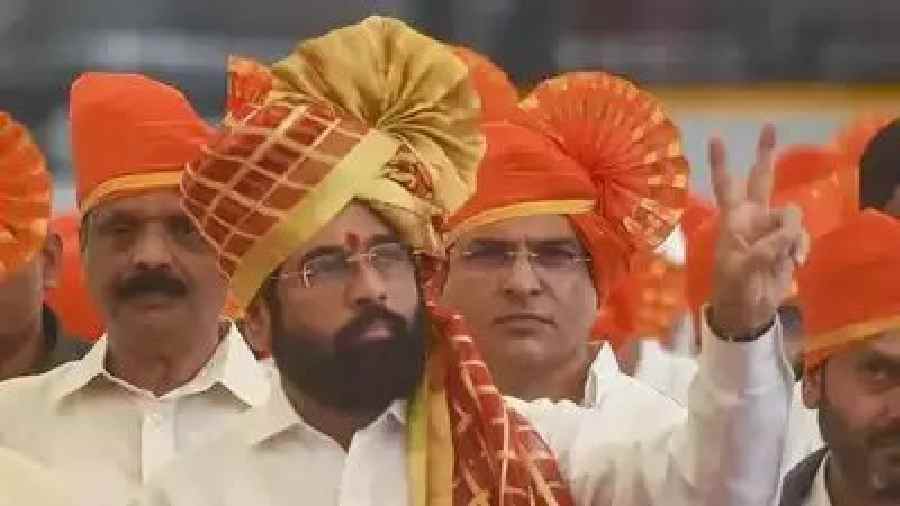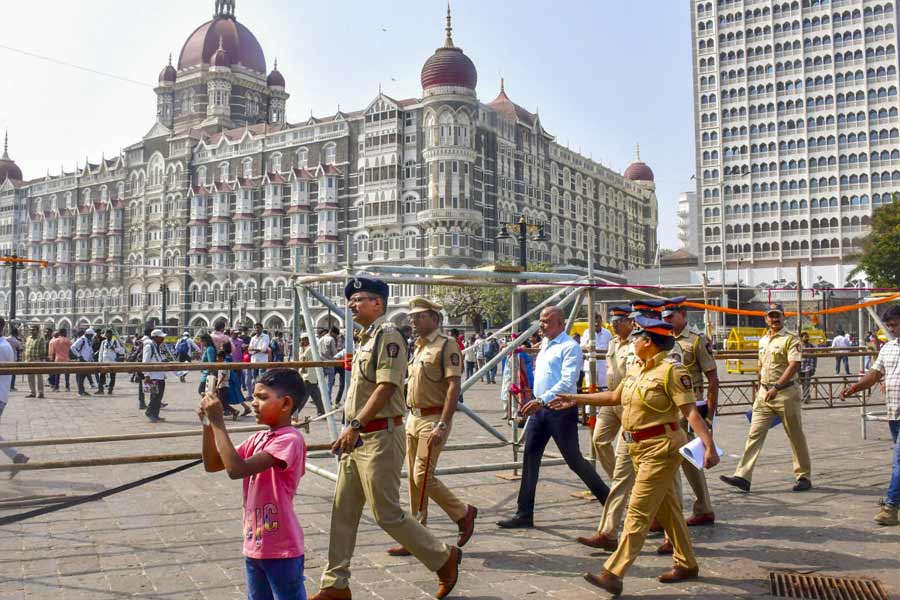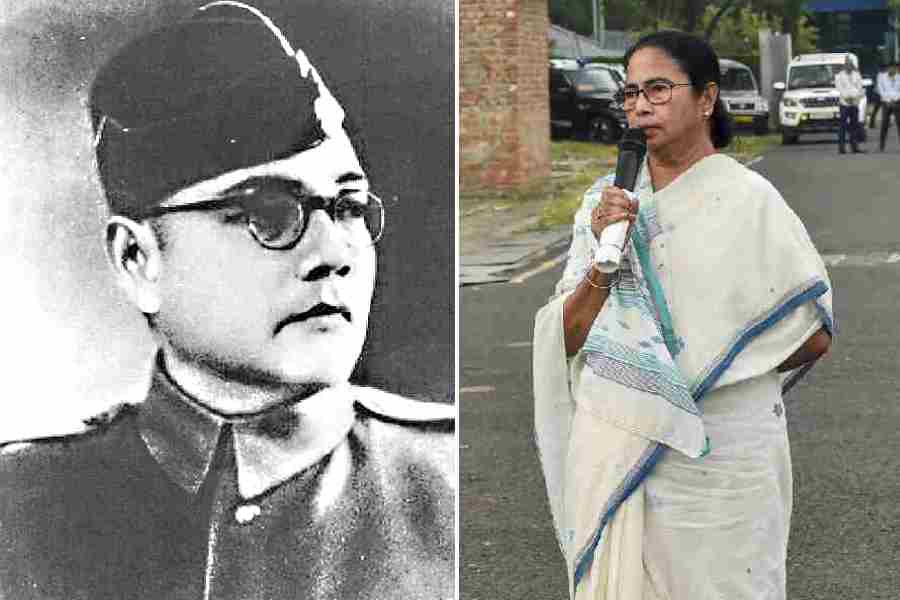The Supreme Court on Wednesday indicated that the political row in Maharashtra requires to be examined by a five-judge constitution bench for an authoritative pronouncement.
Dissident Shiv Sena leader Eknath Shinde has become chief minister without merging his faction with another political party or forming a new party under the amended anti-defection law.
A three-judge bench of Chief Justice N.V. Ramana and Justices Krishna Murari and Hima Kohli said that since the matter involved “constitutional issues”, it needed to be examined by a “larger bench”.
Apart from the effect of deleting paragraph three from the Tenth Schedule (anti-defection law), there are other issues that need to be considered by a larger bench, the court said.
“Initially I had some doubts. This is a sensitive case politically and I don’t want to give an impression that we are tilted, that is why we are saying thought process, thanks to media (debate in media). After the removal of para three, the consequence of a split is not recognised. So the question is what are the consequences…. Some of the issues, I strongly feel may require a hearing by a larger bench. Some of the issues here before us are sensitive and constitutional issues which may require adjudication by a larger bench,” Chief Justice Ramana said.
The bench posed to senior advocates Kapil Sibal, Harish Salve, Abhishek Manu Singhvi and Mahesh Jethmalani, appearing for the rival factions of the Shiv Sena, questions like “does the minority in a party have a right to dissolve appointments made by the majority?” and “what if a chief minister does not enjoy the confidence of his party despite being the leader of the legislature party?”
Prior to the deletion of Para 3 from the Tenth Schedule through the 2003 constitutional amendment, politicians would not invite disqualification if one-thirds of members split from the original party to form a separate unit. But post-2003, a faction that splits from the original party has to either form a new party or merge with another party to avoid disqualification.
The top court made the oral observations while dealing with a batch of petitions and counter-petitions relating to the recent political developments in Maharashtra in which dissident leader Shinde formed a government with the help of the Opposition BJP.
The bench asked the two groups, that of Shinde and former chief minister Uddhav Thackeray, to file their respective submissions on the issue of referring the matter to a constitution bench
by July 27 and posted the matter for further hearing on August 1.
Shinde’s group had challenged the then deputy Speaker’s decision to disqualify the 16 rebel MLAs.
Various other constitutional issues had also been raised before the apex court by the two warring factions of the Shiv Sena.
While Sibal and Singhvi appeared for the Uddhav group, Salve and Jethmalani represented the Shinde faction.
Sibal said during the arguments that the Shinde government cannot be allowed to continue even for a day as it would cause “havoc with democracy” as one-thirds of the members of a political party can easily orchestrate a split.
He questioned the decision of the governor to invite Shinde to form the government despite his defection from the original party and inviting disqualification under the anti-defection law.











